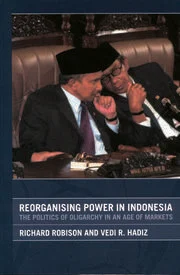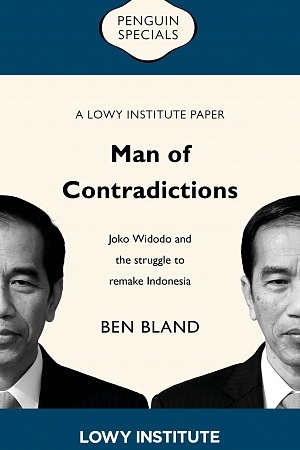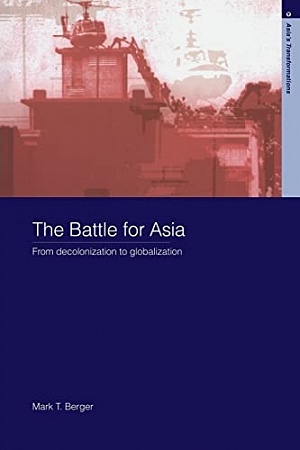Reorganising Power in Indonesia: The politics of oligarchy in an age of markets
Routledge-Curzon, $66 pb, 316 pp
Democracy of sorts
Many who have followed Indonesian politics have become increasingly dismayed at the failure of the reform movement that followed the political demise of President Suharto in 1998. The glass is not so much half full or empty; rather, it is cracked and leaking. Indonesia now has a democracy, of sorts, after a constitutional coup against the first elected president, Aburrahman Wahid, and the non-presidency of Megawati Sukarnoputri. In many other respects, Indonesia has regressed. The military is again a power in the state, human rights abuses have increased and there are now more political prisoners than in 1998, if mostly from Aceh and Papua. Similarly, the poor remain very poor, the rich and powerful are again such, and corruption is worse than ever.
Continue reading for only $10 per month. Subscribe and gain full access to Australian Book Review. Already a subscriber? Sign in. If you need assistance, feel free to contact us.











Leave a comment
If you are an ABR subscriber, you will need to sign in to post a comment.
If you have forgotten your sign in details, or if you receive an error message when trying to submit your comment, please email your comment (and the name of the article to which it relates) to ABR Comments. We will review your comment and, subject to approval, we will post it under your name.
Please note that all comments must be approved by ABR and comply with our Terms & Conditions.